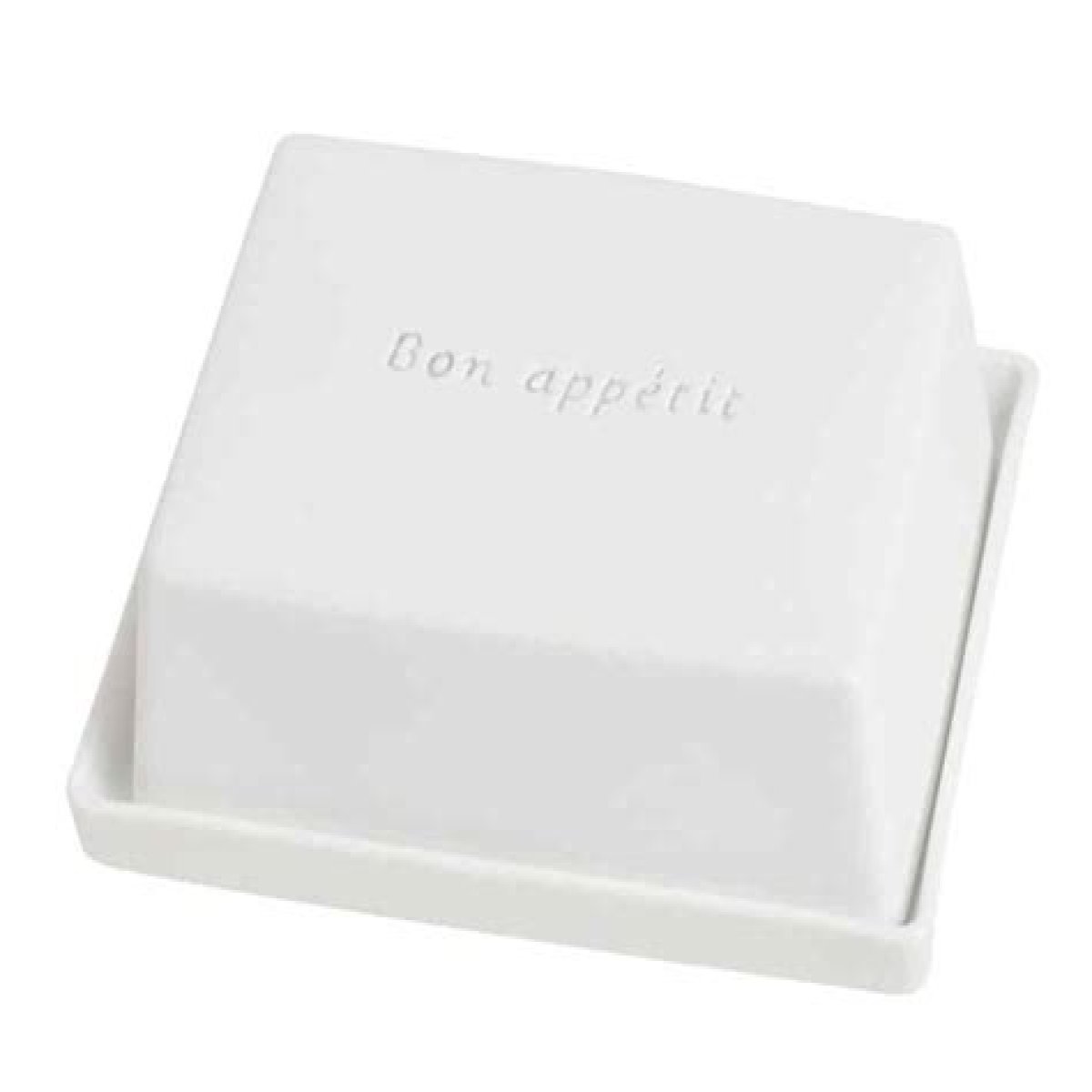The Bon Appetit controversy did not end with the resignation of editor-in-chief Adam Rapoport. If anything, the controversy with Rapoport – who was seen doing “brownface” in an old photo – just highlighted the racist nonsense which had been happening under his watch at Bon Appetit for years. Food person and BA chef Sohla el-Waylly was the one to break the dam – she used her IG Stories to talk about racial microaggressions within BA, and how she was not being paid to appear in BA videos, and she was paid less than her white colleagues, even though she’s better chef than them. As if we needed further evidence, someone did a montage of clips from BA videos where white chefs are constantly asking for Sohla’s help with everything:
the fact that sohla was hired at bon appetit for $50K/year and doesn’t get paid for video appearances like her white colleagues is digusting. anyways here’s a montage of her cooking circles around everyone at ba
— sarah (@s_whip_) June 11, 2020
Holy yikes. And this goes along with what other people of color say about the environment at BA. Bon Appetit and Epicurious (both part of Conde Nast) know that the problem is bigger than Rapoport too. They released a joint statement about race and racism in their workplaces. I was just going to do an excerpt, but the whole statement is noteworthy:
We, the staffs of Bon Appétit and Epicurious, want to address our readers, contributors, and peers in light of Adam Rapoport’s resignation as editor in chief. The deeply offensive photo circulating of Adam is horrific on its own, but also speaks to the much broader and longstanding impact of racism at these brands.
We have been complicit with a culture we don’t agree with and are committed to change. Our mastheads have been far too white for far too long. As a result, the recipes, stories, and people we’ve highlighted have too often come from a white-centric viewpoint. At times we have treated non-white stories as “not newsworthy” or “trendy.” Other times we have appropriated, co-opted, and Columbused them. While we’ve hired more people of color, we have continued to tokenize many BIPOC staffers and contributors in our videos and on our pages. Many new BIPOC hires have been in entry-level positions with little power, and we will be looking to accelerate their career advancement and pay. Black staffers have been saddled with contributing racial education to our staffs and appearing in editorial and promotional photo shoots to make our brands seem more diverse. We haven’t properly learned from or taken ownership of our mistakes. But things are going to change.
We have been seriously discussing what change can look like at BA and Epi and what we need to do to make it an inclusive, just, and equitable place. To start, that means prioritizing people of color for the editor in chief candidate pool, implementing anti-racism training for our staff, and resolving any pay inequities that are found across all departments. It means dismantling the toxic, top-down culture that has hurt many members of our staff both past and present and supporting Condé Nast’s internal investigation to hold individual offenders accountable.
Furthermore, it is our editorial mission to better acknowledge, honor, and amplify BIPOC voices. We will seek and hire more freelancers of color across all platforms and invest in those relationships for the long run. Our coverage will center, rather than patronize, the contributions of marginalized people. We will do the work of building trust with our BIPOC contributors and launch multiple columns written by BIPOC on print and digital platforms. We will overhaul our recipe development process to address issues of ownership and appropriation. We will audit previously published articles and recipes to ensure proper crediting and contextualization. We will also create research protocols to vet the subjects of our coverage; there will be zero tolerance for racism, sexism, homophobia, or harassment in any form.
This is just the start. We want to be transparent, accountable, and active as we begin to dismantle racism at our brands.
[From Bon Appetit & Epicurious]
In the year of our lord Beyonce 2020, we have white folks finally admitting that they’ve been appropriating and co-opting other cultures’ food, using people of color as props and only giving white people power throughout their organizations. I mean, it’s a good joint statement, it’s thorough and all of that. But Jesus, is THIS the first time they’ve realized they have these problems? What happened in past years? How long have these issues been ignored?
Photos courtesy of Instagram.
